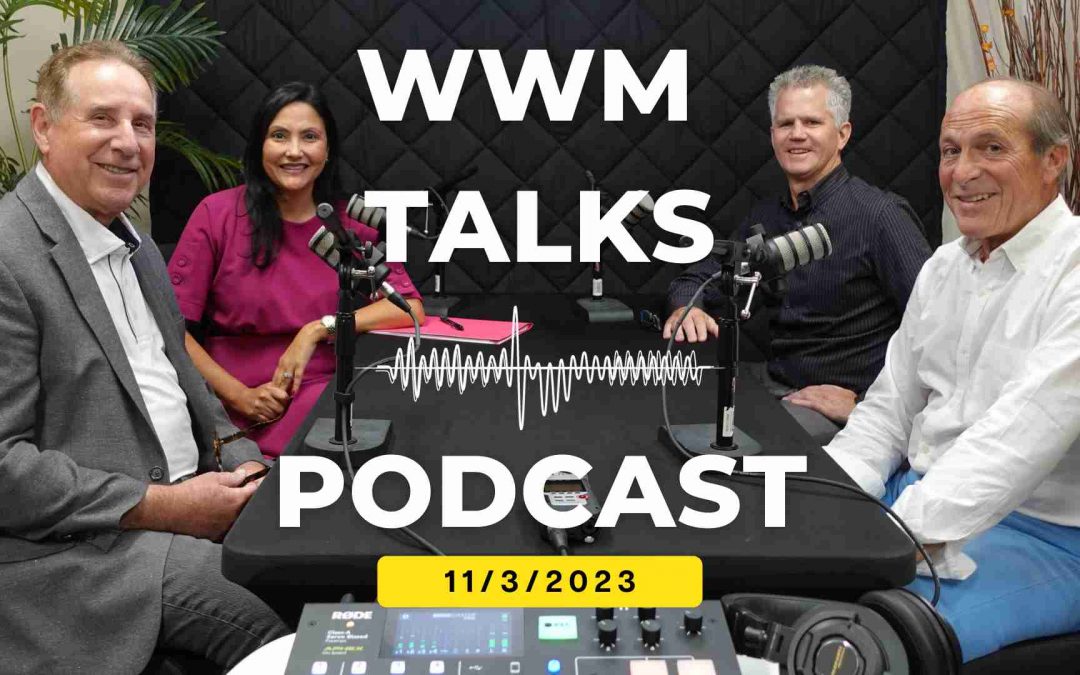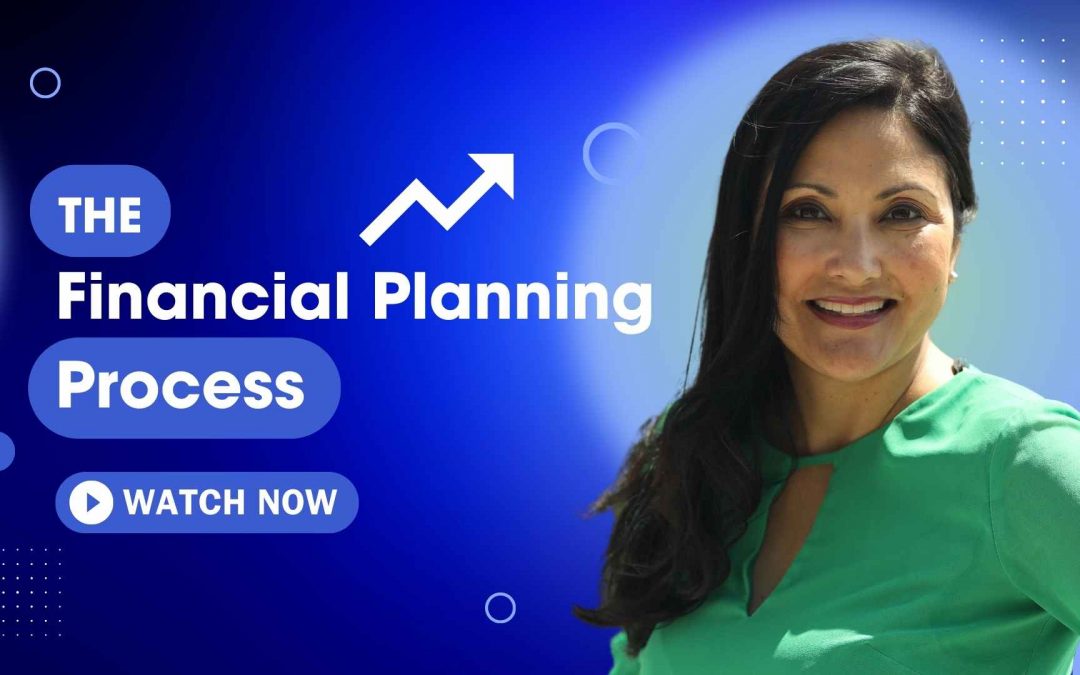
STOCK MARKET | JUNE 28, 2024
The WWM Financial Podcast
If you want to understand what’s going on in the economy, get better insight into the financial markets, and separate the sound from the noise so you can make good financial decisions, tune in now!
Recorded 6/27/2024
WWM Financial is an SEC Registered Investment Advisor
The opinions expressed in this content are for general informational purposes only and are not intended to provide specific advice or recommendations for any individual or on any specific security. It is only intended to provide education about the financial industry. To determine which investments may be appropriate for you, consult your financial advisor prior to investing. Any past performance discussed during this program is no guarantee of future results. Any indices referenced for comparison are unmanaged and cannot be invested into directly. As always please remember investing involves risk and possible loss of principal capital; please seek advice from a licensed professional.









